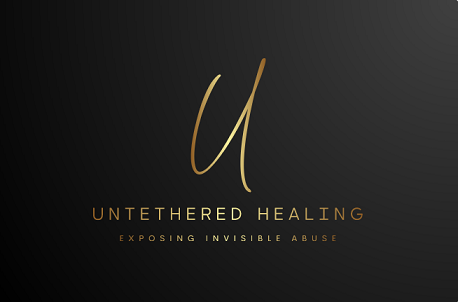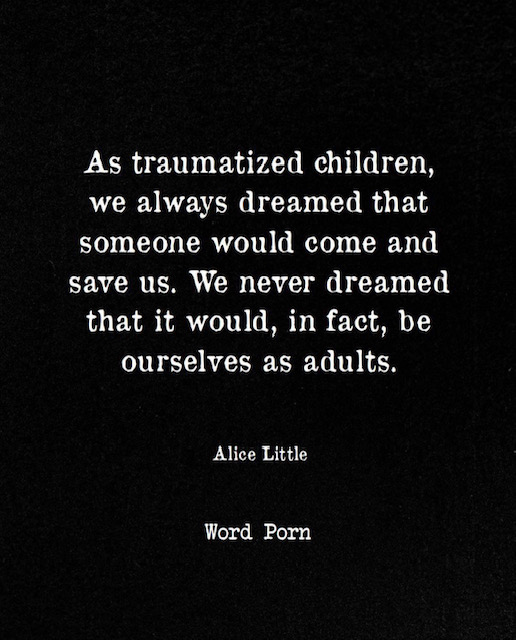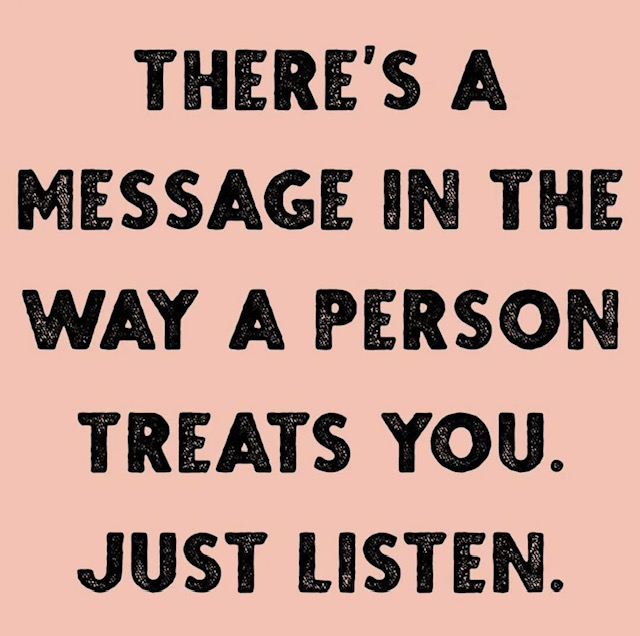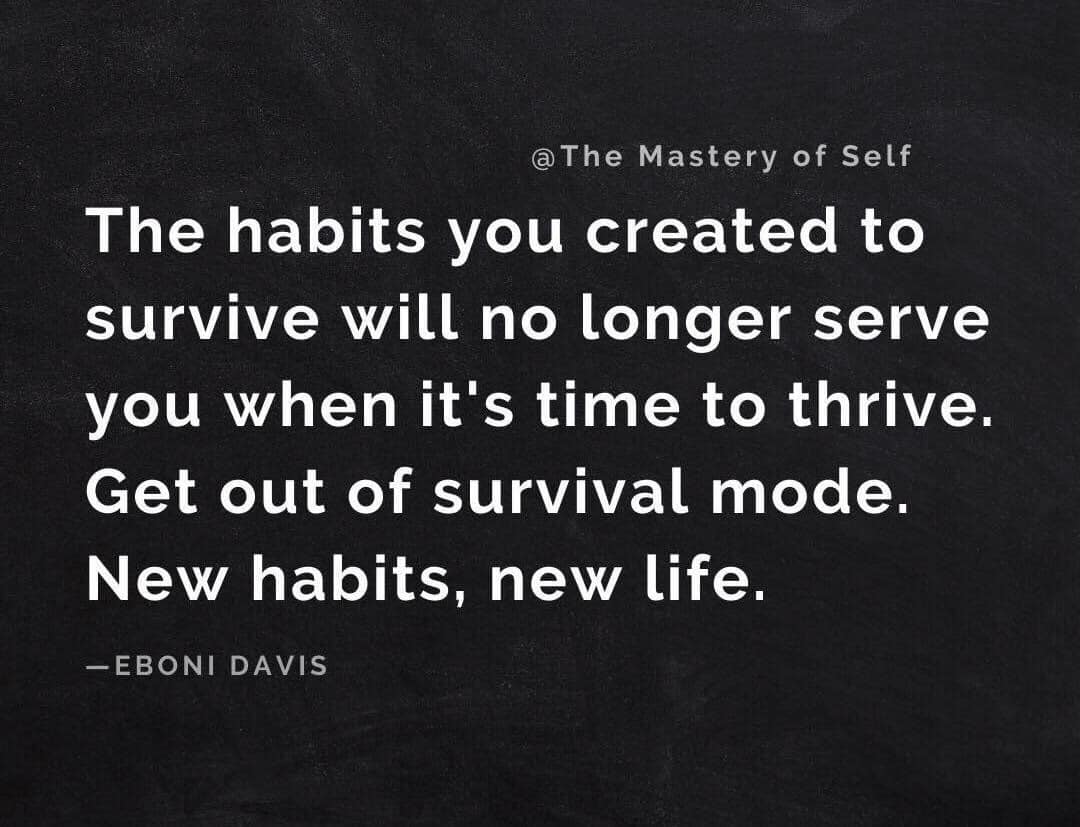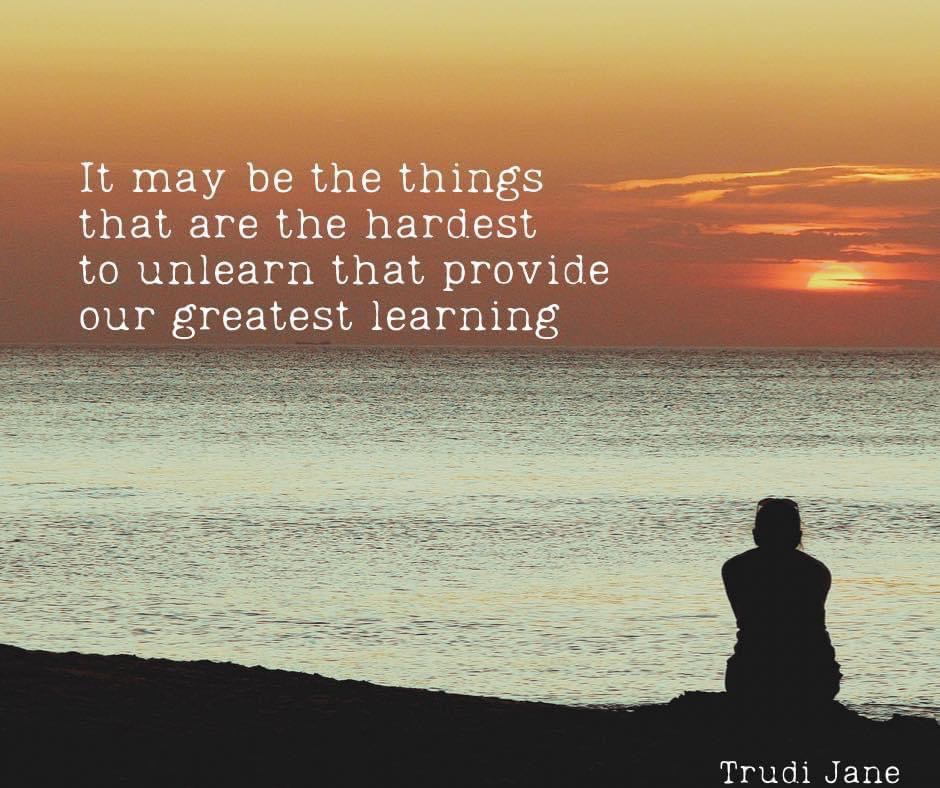03 Oct 2023
ABUSE LEADS TO UNHEALTHY HABITS
Growing up, we are taught to establish heathy habits to ensure we live a fulfilling life; eat a healthy diet, exercise regularly, get plenty of sleep, and, of course, drink plenty of water. Good habits not only benefit our physical health, but they also have a positive effect on our emotional, spiritual, and mental health. They help us to become more productive and energetic, and they help us to move forward. Habits are behaviors by default; something that we do daily, and generally on autopilot. Think about your drive to work. You get up, get dressed, grab your coffee, and when you get to work you can’t even remember driving there!
So, what happens when we start developing negative habits? It could be something as minor as biting your fingernails or picking at your lips. It starts out as a nervous tick when you get stressed. But over time those short fingernails become painful and bloodied nubs with torn cuticles and split nail beds. Your lips become cracked and overly sensitive.
When it comes to invisible abuse, such as emotional abuse, those who experience it often suffer silently, ensconced in confusion and most often psychological distress. Victims question themselves and doubt their own experiences. So, they develop coping mechanisms that turn into habits, which push them backwards.
The most obvious coping mechanism is substance abuse. Some start smoking to relieve stress. But then that becomes a habit, and then an addiction, until it negatively affects your overall health and wellbeing. Many turn to alcohol or drugs, with the same or similar outcomes. But there are other habits we form to protect ourselves that could prove to have negative outcomes as time goes on. For example, we may avoid others. We think if we stay away from family and friends then we won’t have to explain our pallor or dark circles under our eyes due to lack of sleep and anxiety. We don’t have to answer questions or shy away from prying eyes. But soon, family and friends will just give up—stop coming around—and then you really ARE alone.
Some develop dangerous behavior patterns such as gambling or even self-harm. I don’t need to explain to you the negative effects of developing a gambling habit. Some people will cut themselves in order to feel something—anything—other than the internal anguish going on in their heads. But cuts lead to scars and more dangerous modes of self-mutilation, even death.
My own coping mechanisms are to tense up and to hold my breath. I am always in Fight or Flight mode, because I don’t know how people around me are going to behave. I am tensed, poised—ready to spring into action and flee at the first sign of danger, or retreat into myself. I have walked on eggshells for years; held my breath fearing the wrath headed my way because I said the wrong thing or because I didn’t do something right.
Still others try to avoid reminders of the trauma at all costs. We all try to avoid bad memories or shut out negative feelings to reduce stress. But this is just a short-term resolution. I know I do not like thinking about my trauma. I really don’t like talking about certain things, either. I feel like people will judge me (why not? My own mother did!) or make fun of me for crying. I fear their ridicule, afraid they will tell me that it wasn’t as bad as I make it out to be. I fear the pain of more rejection and reliving those memories.
But then I realized something. Everything is a trigger for me. EVERYTHING. For example, the other day I was writing a name on a birthday cake with a tube of blue gel. Someone said, “Not too small!” They were not yelling at me, simly ensuring I wrote the name big enough for everyone to be able to easily read it. But I instantly regressed into a little girl, being admonished for not doing something the correct way. My hands began to shake and by the time I finished writing the name, it looked like my grandson had written it! So, the pain is always there anyway. It’s lurking beneath the surface—just waiting to spring forth. I still hold my breath on a daily basis. I only realize I am doing it when I am suddenly gasping for air. I still catch myself tensing up throughout the day and I must make a conscious effort to tell myself to BREATHE, and to relax my muscles. I also realize that there are a lot of people out there feeling exactly the way I do, and unsure what to do about it.
My coping mechanisms turned into habits that are wreaking havoc on my body. I am no longer in a relationship with my narcissistic abuser, but I am still broken—and I don’t want to be. I am ready to take back my life, to gain back my own inner strength and sense of self-worth. I am ready to create new habits and to thrive! Are you?
